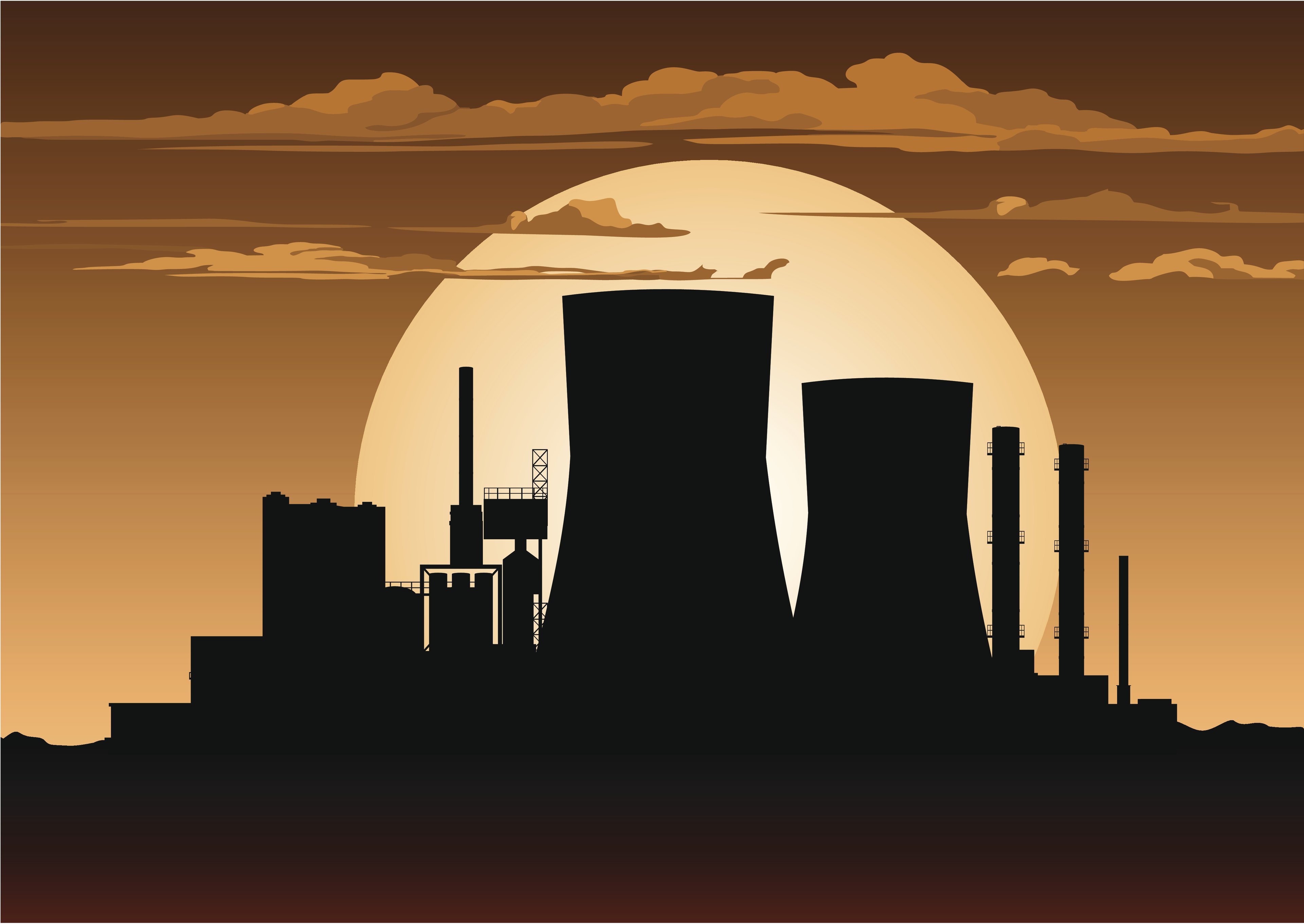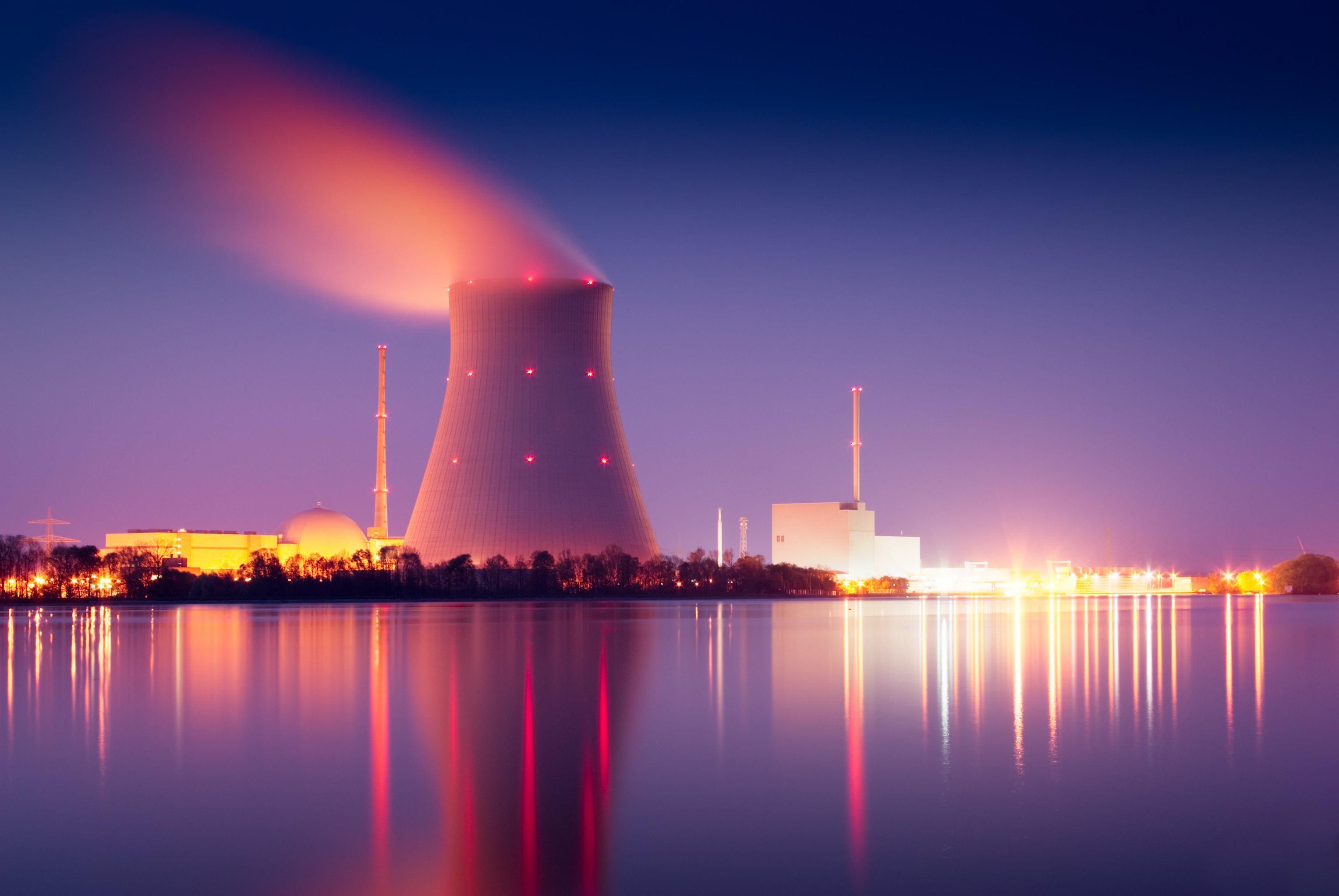The clean energy narrative has shifted fast since President Trump took office this year.
Once attached to solar and wind, clean energy is becoming more and more reimagined as nuclear power.
Indeed, Washington has recently pledged to quadruple nuclear energy capacity from around 100 gigawatts (GW) today to 400 GW by 2050.
Part of that amplification strategy is to deploy advanced nuclear technology and fuel recycling capacities, both of which are the bread and butter of nuclear start-up Oklo (OKLO +5.95%).
With policy tailwinds at its back, pre-revenue Oklo has shot up almost 1,800% since August 2024. And by the looks of it, this nuclear stock could just be getting started.
The path to full deployment just got easier
Oklo has always had a radical idea -- build small nuclear reactors and sell power -- but until this year it was plagued by the uncertainty of ever getting regulatory approval to operate commercially.
Just three years ago Oklo's application was rejected by the Nuclear Regulatory Commission (NRC) for insufficient information. Indeed, last autumn, the company was still trying to get on the NRC's good side.
Fast forward, and Oklo's situation couldn't look any better.
Over the summer, the White House issued a flurry of executive orders aimed at accelerating advanced nuclear energy technology in the U.S.
Washington cited an "AI arms race," the energy demands of which totally exceed the nation's power generation capabilities today. Oklo's Aurora powerhouse was selected as a potential solution to this expected surge in electricity demand.
Already Oklo has benefited from Washington's push. Through a pilot program headed by the Department of Energy (DOE), Oklo has already broken ground on its first Aurora reactor.

Oklo's Aurora powerhouse. Image source: Oklo (Gensler).
The race for commercialization, however, is far from over. Not only does it need regulatory approval, but it has to build reactors, which won't be cheap.
The stock has potential for upside, but expect the road to be bumpy in the short term.
Conservative investors who want a piece of the nuclear energy resurgence might do better with a nuclear energy exchange-traded fund (ETF).






